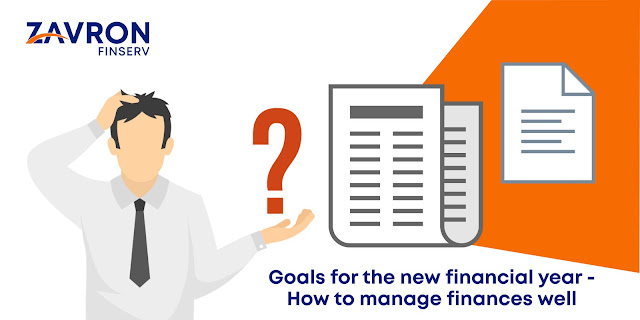Thinking of Foreclosing Your Personal Loan: 5 Things to Consider
What Is Foreclosing?
Before we dive into the various aspects, you should coherently consider before foreclosing your personal loan, one of the most important things we need to understand is the meaning of foreclosing. In simple terms, foreclosing can be understood as a process wherein you request the lender to grant you permission for paying off the remaining loan amount along with interest, although the total tenure of the loan has not yet been completed.
Generally, most lending instruments available in the market these days allow foreclosures with an additional charge. Foreclosing your loan arrives with several advantages both for the borrower as well as the lender; however, you still need to consider a couple of factors before you go ahead with the decision.
Factors to Consider Before Foreclosing Your Loan
1. Tax
Benefits
As a new borrower, you might be unaware of this, but having a loan to your name, be it in the form of a home loan or a personal loans, allows you to claim certain tax benefits under sections 24 and 80C of the Income Tax Act, 1961. The reason behind this is simple, as the loan amount on your name is not your actual income but only a borrowed amount, you can easily claim a tax benefit by using these to reduce your net taxable income. Thus, before considering whether you should foreclose your loan or not, inspect whether you have any other available resources for reducing your taxable income and if this is true, go ahead with your foreclosure.
2. Does
Your EMI Allow for Savings?
One of the golden rules of building wealth, in the long run, is not to look at how much you are earning but to how much you are able to save every month. If you are currently under debt and are repaying EMIs every month, one factor you should consider is whether, after paying your EMIs, you have sufficient amount left for your savings. As a standard, always try to maintain the total count of your EMI below 40% of your in-hand income every month, as this will guarantee that you don’t end up spending too much on your EMIs.
If you feel that your EMI repayments are eating away at your potential savings, and you have the funds earmarked for foreclosure, go ahead and request the lender to grant you permission.
3. Estimate Your Expenses in Advance
As the earning member of your family, one of the most important decisions that lie on your shoulders is to ensure that you always have enough funds available to meet your family’s expenses. Right from topping up your emergency fund all the way to insurance premiums and education expenditures, you need to ensure that you have enough funds available to meet the needs of your family up to 6 months after subtracting the foreclosure amount.
Estimating this amount and taking out time to accurately calculate your obligations ahead of time will ensure that you do not fall behind on your financial obligations.
4. Time Your Foreclosure
As a new borrower, you might be unaware of this fact; however, there is a process of calculating the time when you should foreclose your loan. Without knowing how to do the same, you put yourself at the risk of a rash decision, which might cause a deficit in your budget.
These days there are multiple foreclose calculators available online for free, which can be used to not only calculate the total amount you will require to foreclose your loan but also the month when you should do it to save the most. Most of these calculators take into account the principal amount of your loan, the interest rate being charged, the total tenure of your loan and lastly, the number of EMIs you have paid till date to arrive at a figure and approximate date.
Calculating these estimates in advance will not only help you better plan your finances for the prepayment but also empower you to save an additional amount via interest payments.
5. How
Should You Use Your Surplus Funds?
Lastly, one of the most important questions you should ask yourself is what you should do with the surplus funds you now have access to. As you are considering foreclosing your loan, we are assuming that you have access to surplus funds, and thus you should ask yourself whether investing these funds will yield better returns or will using this amount to foreclose your loan earn you a profit in terms of saved interest payments.
These days, you can conveniently arrive at both these calculations by leveraging the several online calculators available for free. All you need to do is calculate the projected earnings on your investment via a lump sum investment calculator and the savings you could acquire via a foreclosure calculator.
In both cases, you will need to find out the surplus amount you have access to, along with the rates of interest, to arrive at accurate figures.
In Conclusion
At first glance, foreclosing your loan might sound like an attractive idea; however, in reality, there are a number of factors you need to consider before you go ahead with your decision. When it comes to decisions surrounding any lending instrument, be it personal loans or home loans, a rash decision doesn’t help anyone, and thus you should always have patience and think about your decision before committing to it.




Comments
Post a Comment